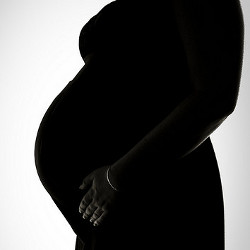This Week in PLoS Medicine: VBAC; DSM conflicts of interest; Health systems guidance
This week PLoS Medicine published 5 new articles, including a Perspective tying together two new Research Articles on VBAC.
A UK case-control study by Marian Knight and colleagues estimates the risk of uterine rupture in subsequent deliveries amongst women who have had a previous caesarean section.
An Australian study by Caroline Crowther and colleagues provides new data on the outcomes for mother and baby associated with either planned vaginal birth or elective repeat caesarean section following a previous caesarean section.
This week’s Perspective by Catherine Spong discusses two new research studies in PLoS Medicine that shed more light on the risks of uterine rupture for women attempting a trial of labor following previous cesarean section.
Lisa Cosgrove and Sheldon Krimsky examine the new competing interest disclosure policy of the American Psychiatric Association (APA) and report that DSM panel members still have considerable financial conflicts of interest.
In the second paper in a three-part series on health systems guidance, John Lavis and colleagues explore the challenge of linking guidance development and policy development at global and national levels.
Remember you can comment on, annotate and rate any PLoS Medicine article and see the views, citations and other indications of impact of an article on that articles metrics tab.

